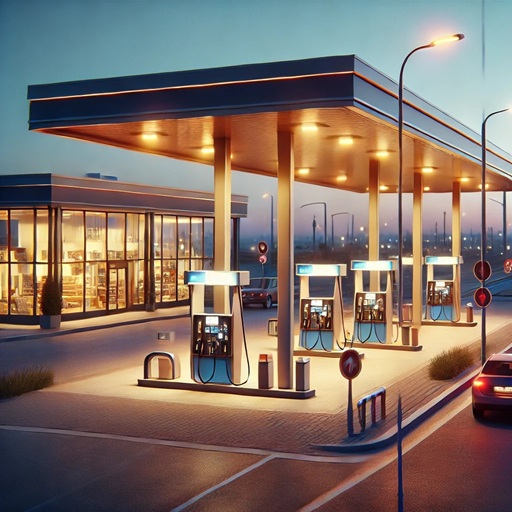Get Free Quotes 866-651-2992
Remanufactured & Used Engines

As the automotive industry continues to evolve and embrace alternative fuel sources, the question arises: do petrol cars have a future? This topic has garnered significant attention and sparked numerous debates among experts, environmentalists, and car enthusiasts. While the rise of electric vehicles (EVs) has undoubtedly disrupted the traditional dominance of petrol cars, it is essential to consider various factors that may influence the future of petrol-powered vehicles.
One aspect to consider is the existing infrastructure. Petrol stations are abundant worldwide, making it convenient for drivers to refuel their vehicles. On the other hand, the charging infrastructure for EVs is still developing, with limited charging stations and longer charging times. This infrastructure gap could hinder the widespread adoption of electric vehicles, giving petrol cars a continued advantage in terms of convenience and accessibility.
Another factor to consider is the cost. Petrol cars generally have a lower upfront cost compared to electric vehicles, primarily due to the price of batteries. While the cost of EV batteries has been decreasing in recent years, it is still a significant factor that affects the affordability of electric vehicles. Additionally, petrol cars can be more cost-effective for individuals who do not drive long distances or have access to charging facilities.
Furthermore, the range anxiety associated with electric vehicles remains a concern for many potential buyers. Petrol cars offer a longer driving range and a quick refueling process, providing a sense of security and convenience that electric vehicles have yet to fully match. However, advancements in battery technology and the development of fast-charging infrastructure are gradually reducing range anxiety, making electric vehicles a more feasible option for everyday driving.
When considering environmental impact, it is evident that petrol cars contribute to air pollution and greenhouse gas emissions. Electric vehicles, on the other hand, produce zero tailpipe emissions and can be powered by renewable energy sources. As governments and societies worldwide prioritize sustainability and environmental conservation, the demand for electric vehicles is expected to increase, potentially leading to a decline in petrol car sales.
Despite these challenges, it is worth noting that the automotive industry is constantly evolving. Manufacturers are investing heavily in research and development to improve the performance and efficiency of petrol-powered vehicles. Hybrid technologies, which combine the benefits of petrol and electric power, are also gaining popularity. These advancements could extend the lifespan of petrol cars and allow for a smoother transition towards a predominantly electric vehicle future.
In conclusion, while electric vehicles are undoubtedly shaping the future of the automotive industry, petrol cars are unlikely to disappear entirely in the near future. Factors such as existing infrastructure, cost considerations, range anxiety, and ongoing technological advancements all play a role in determining the future of petrol-powered vehicles. A gradual transition towards electric vehicles is expected, but petrol cars are likely to coexist for a considerable period, catering to specific needs and preferences of drivers around the world.